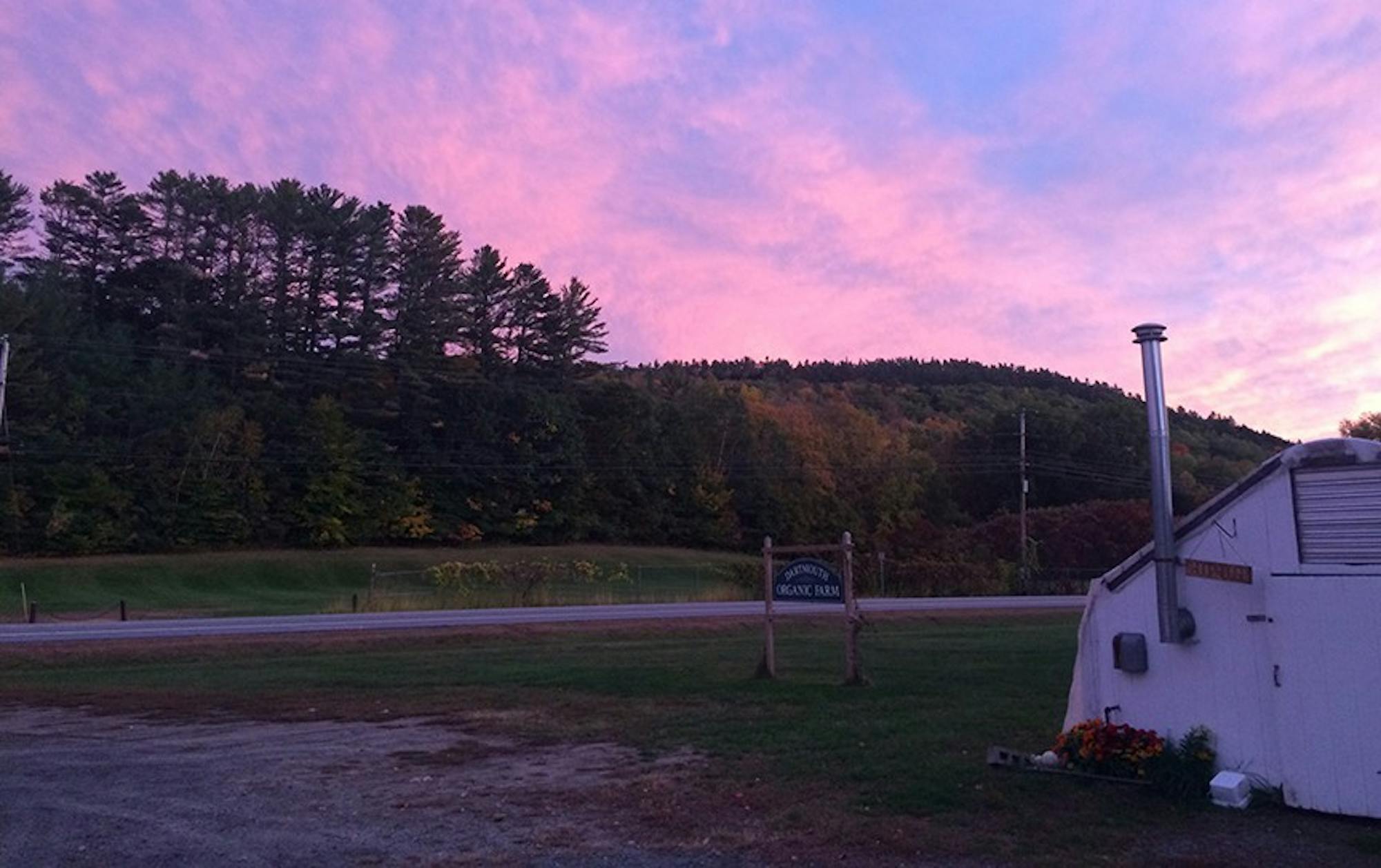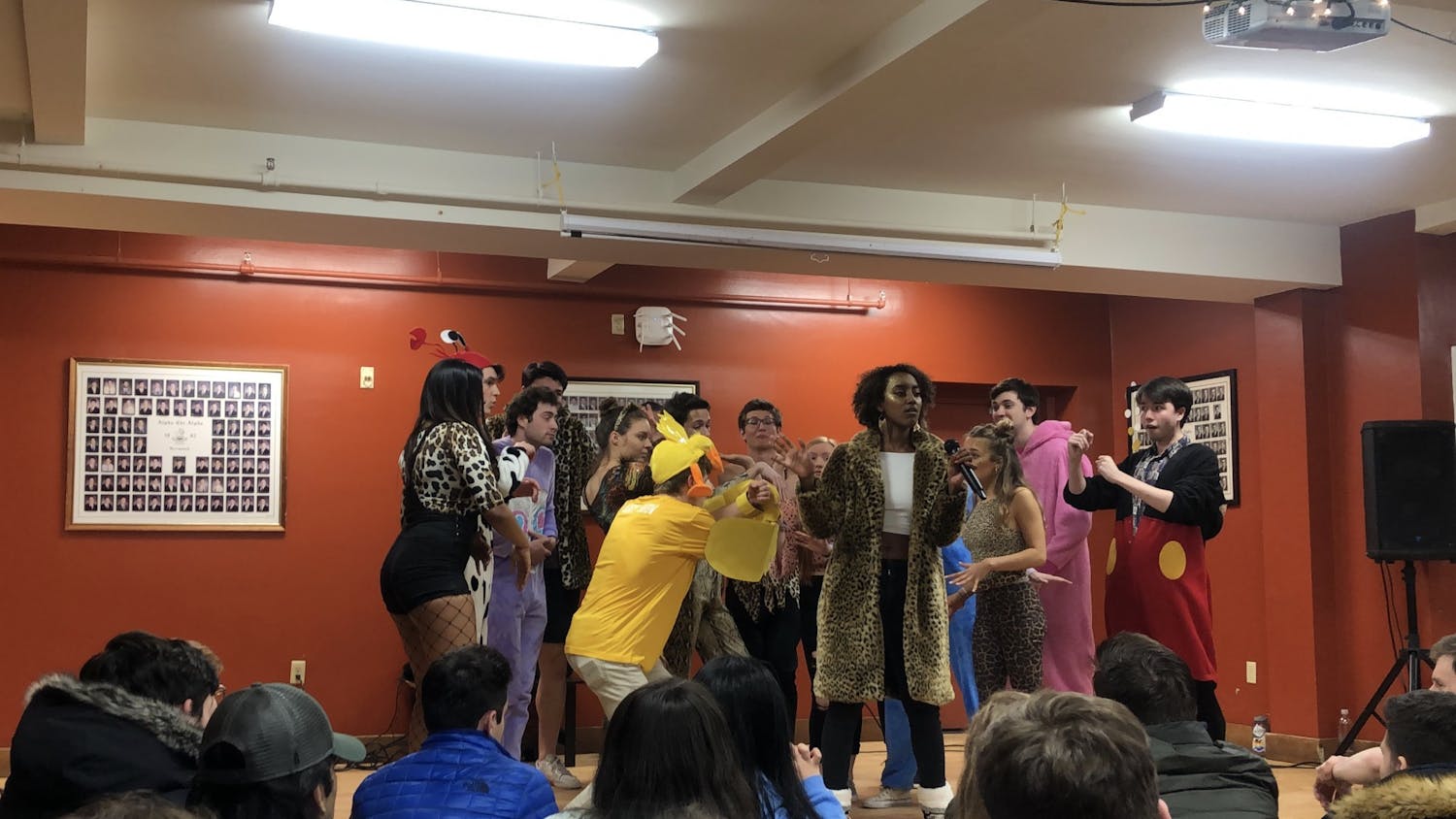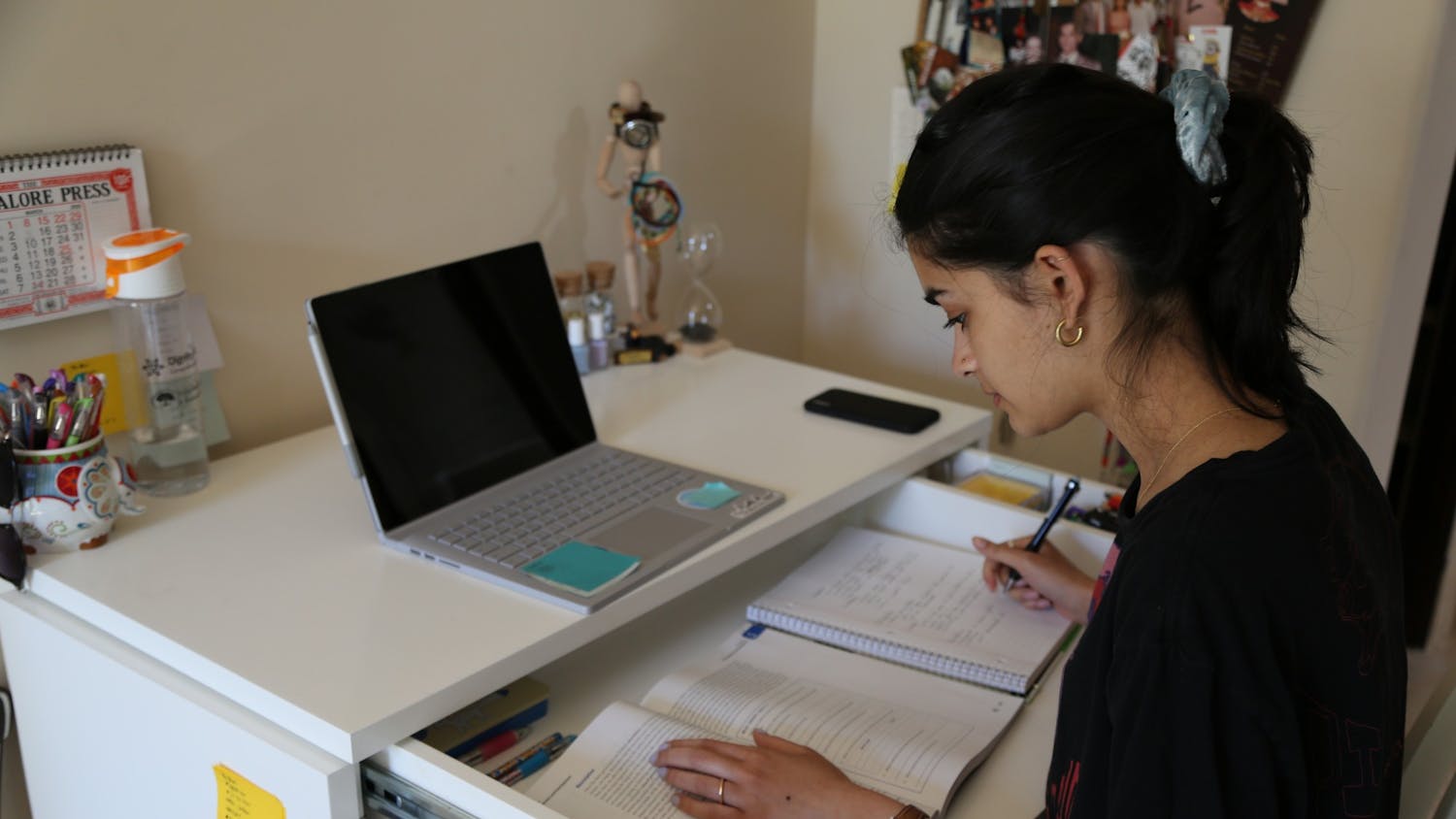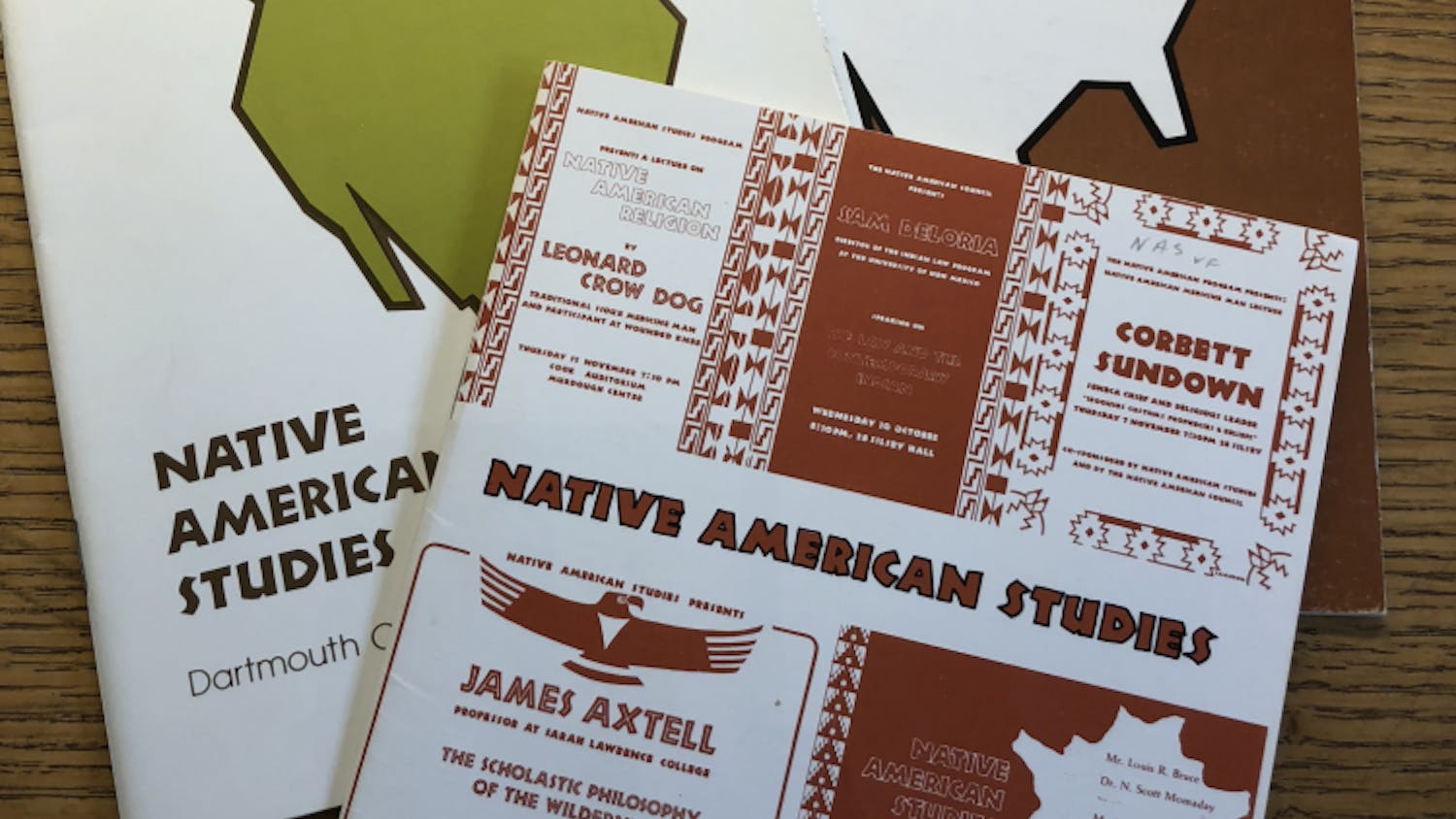Though Dartmouth students around the world lamented missing Greek Key this past weekend, one staple of the festival remained. This Saturday marked the end of the week-long Brewhaha celebration, which took place despite the challenges of a remote term.
Hosted by the Dartmouth Organic Farm, the event is usually a one-day affair held on the Saturday of Green Key weekend that features local food and live music. This year’s online Brewhaha featured daily, student-led afternoon workshops on at-home skills like cooking, brewing and meditation, hosted on online platforms including Zoom and Instagram Live. At the end of the week, pre-recorded student music group performances were broadcast in a showcase on the O-Farm’s Instagram page.
Brewhaha committee member Rachel Kent ’21 said that in adapting the event to a virtual format, the committee did its best to preserve the focus on food, music and community.
She emphasized the importance of events like Brewhaha in maintaining community online, saying she was “definitely grateful that a lot of things like Brewhaha have continued [because] I miss them a lot.”
Laura Braasch, program manager for the O-Farm, said that when she presented her idea of holding a virtual Brewhaha to students this year, they were enthusiastic about bringing the plan to life.
Kent said that one of the unique advantages of the remote term is the extra free time that students may have during the week, which is why organizers decided to hold this year’s Brewhaha over the course of a whole week. Kent said she hoped that Brewhaha could “fill a void” created by the lack of in-person interaction this term.
During the week, students attended student-run virtual workshops on activities including yoga, samosa-making and kombucha brewing. The event culminated on Saturday with a compilation of submissions from student a cappella groups, bands and other performers. In past years, performances have featured a mix of student and local groups, but Kent said that the committee only reached out to students for submissions this year, noting that she was excited about the opportunity to spotlight more student performers.
Andy Bean ’23, music director for the Dartmouth Dodecaphonics, was in charge of compiling his group’s submission. He said that the Dodecs had been wanting to do a recording project during the remote term and that after hearing about Brewhaha from the Dodec’s social media coordinator and O-Farm emails, they decided to put together a virtual performance. Bean compiled individual videos of members singing their respective parts. He added that he felt it was important to keep hosting events that can be watched remotely with friends.
Over a dozen groups played at the showcase, including the Rockapellas and the student band Moon Unit. The pre-recorded showcase debuted on Instagram and YouTube, where the event garnered over 400 views.
Earlier in the week, Anna Dodson ’20 led a ginger beer brewing workshop on Zoom after the committee reached out to her because of her home-brewing skills. She said that she had never brewed ginger beer before, but she was excited about an “excuse to try something new” and practiced making it before the workshop. She said that the workshop was easy to coordinate and lead.
Dodson added that she missed the “spontaneity” of Dartmouth’s campus and that she enjoyed getting to go to an event where “you can just show up and there’s not really any expectation for you.”
Dodson attended several other workshops as well. Saturday morning’s brunch workshop, which involved cooking one of three dishes along with other students in a smaller “Zoom room,” was her favorite. Students could choose between cheddar-chive biscuits, vegan french toast and popovers with maple butter.
She also said that she enjoyed the yoga workshop held over Zoom on Friday, led by Mighty Yoga instructor Emma Miller ’19. Dodson said that Miller did a great job on the virtual platform, explaining that she used verbal cues and descriptions of movements to mitigate the challenges of a small screen. Dodson said that the workshops were “definitely the thing [she had] been looking forward to [last] week.”
Braasch said that the workshops were “a really fun way to create community and allow people a chance to get their foot in the door with the Farm Club.”
She emphasized the importance of providing students with low-pressure events focused on community in addition to academic and extracurricular programming, especially when faced with the challenges of online learning.
Kent added that trying to publicize Brewhaha was challenging, saying that the committee’s biggest concern was how best to get information out to potential attendees.
While Brewhaha is typically a large community event, Dodson said that the workshops were comparatively small, with her ginger beer workshop attended by eight people. She explained that the remote setting meant that students needed to prioritize the event to attend, noting that most of the attendees were involved with Farm Club or the Sustainability Office. However, she added that the format of the event made it easily accessible for anyone who wanted to join.
Braasch said that while Brewhaha is typically one of the O-Farm’s most costly events, the transition online has saved them some funding because the O-Farm did not have to pay to cater food. She said that the O-Farm does not have concrete plans for the saved funds and that the College has discouraged unnecessary spending.
She added that as the summer continues, she hopes to host volunteer work days at the O-Farm that adhere to public health guidelines, including social distancing and wearing masks.
Braasch will continue to manage the farm in person this summer along with Sustainability Fellow Molly McBride ’15. Braasch said that despite the lack of student volunteers, the absence of programming has freed up time to maintain the farm and continue to grow fresh produce.
Braasch and McBride will work with Willing Hands, a nonprofit food bank working throughout the Upper Valley, to distribute fresh produce from the O-Farm to where community need is greatest. They also plan to donate shares of vegetables to several families through a program with the Dartmouth-Hitchcock Medical Center called Moms in Recovery, which provides services to mothers in recovery from substance abuse.




